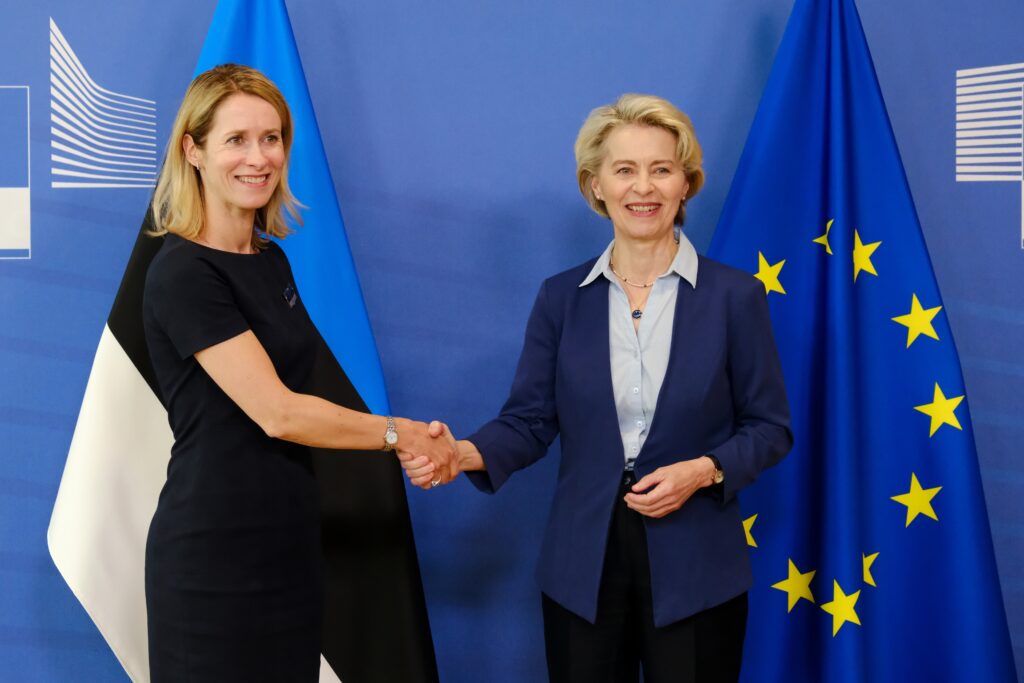Kaja Kallas, António Costa, and Marta Kos made a surprise visit to Kyiv on Sunday to meet President Zelenskyy. The discussions focused on scaling up the European Union’s support for Ukraine as it continues to battle Russian aggression.
This visit marks Kyiv as the first foreign capital visited by the officials since assuming their new roles. The visit comes amid concerns over potential shifts in U.S. policy as President-elect Donald Trump prepares to take office in January.
Trump has criticized the significant financial and military aid provided to Ukraine under the Biden administration. He has also claimed he could end the war within 24 hours, suggesting a willingness to pressure Ukraine into ceding territory now occupied by Russia.
Zelenskyy has consistently called for additional military support and funding to sustain Ukraine’s defense efforts against Russian forces.
Financial Aid and Sanctions Announced
Following the talks with Zelenskyy, António Costa outlined the EU’s financial aid package for Ukraine during a news conference. He highlighted the EU’s efforts to assist Ukraine in repairing energy infrastructure damaged by Russian attacks.
“On energy, we have financed the repair of a third of the existing electricity generation capacity, and more will come,” Costa stated. “This month, the European Union will provide Ukraine with an additional €4.2 billion to support the Ukrainian budget.”
Costa also announced plans to provide €1.5 billion monthly for a full year starting next month. He noted that these funds could come from the proceeds of Russia’s frozen assets and might be used for military purposes. However, he did not clarify whether this funding was entirely new or a reiteration of earlier commitments.
Earlier this year, in May, the EU’s 27 member states agreed to use interest earned on approximately €210 billion in Russian central bank assets for military and reconstruction aid. These assets, most held in Belgium, were frozen as part of sanctions imposed following Russia’s full-scale invasion. The interest generated from these assets was estimated to amount to €3 billion annually.
Costa also announced the preparation of a new sanctions package targeting Russia. “We will also increase the pressure on the Russian economy and further weaken Russia’s ability to wage war. We are preparing a 15th sanctions package against Putin’s regime,” Costa declared, though he provided no specific details on the sanctions or their targets.
